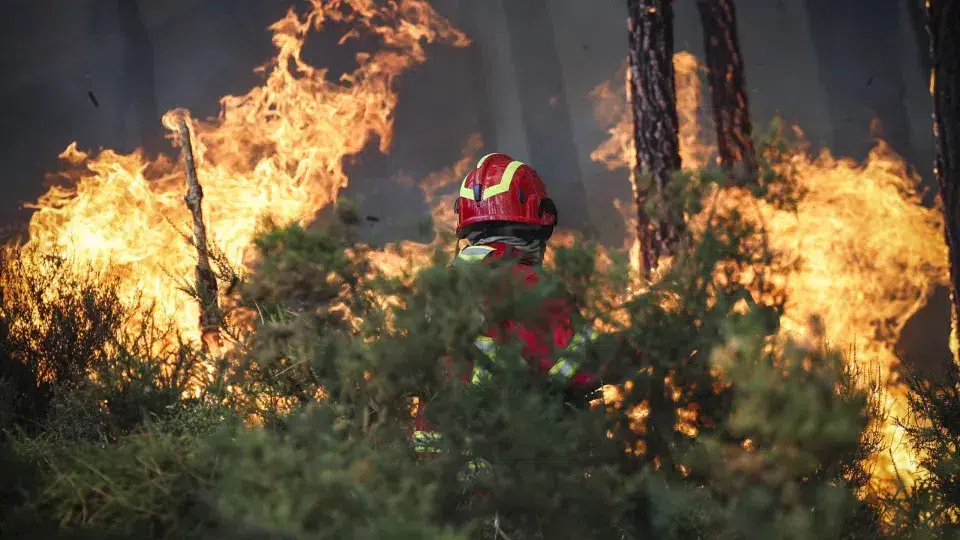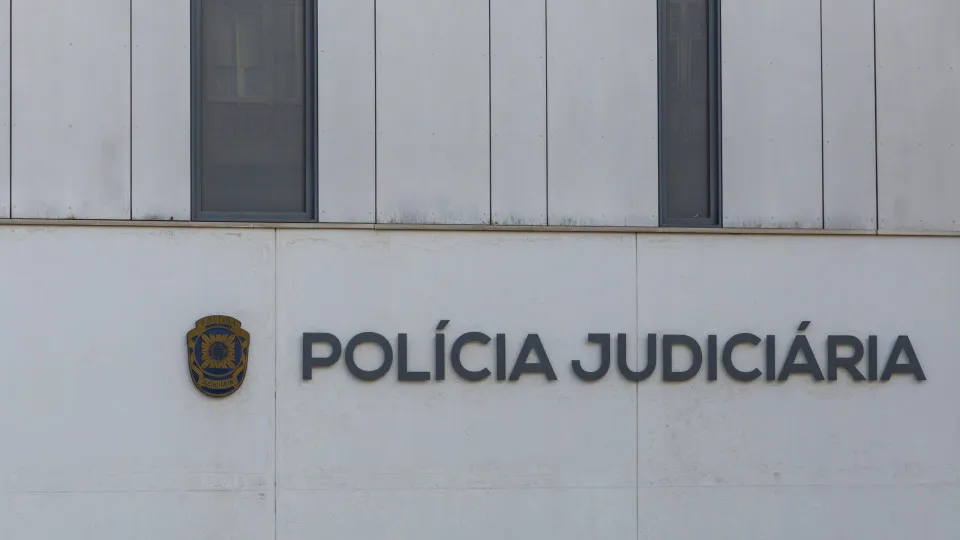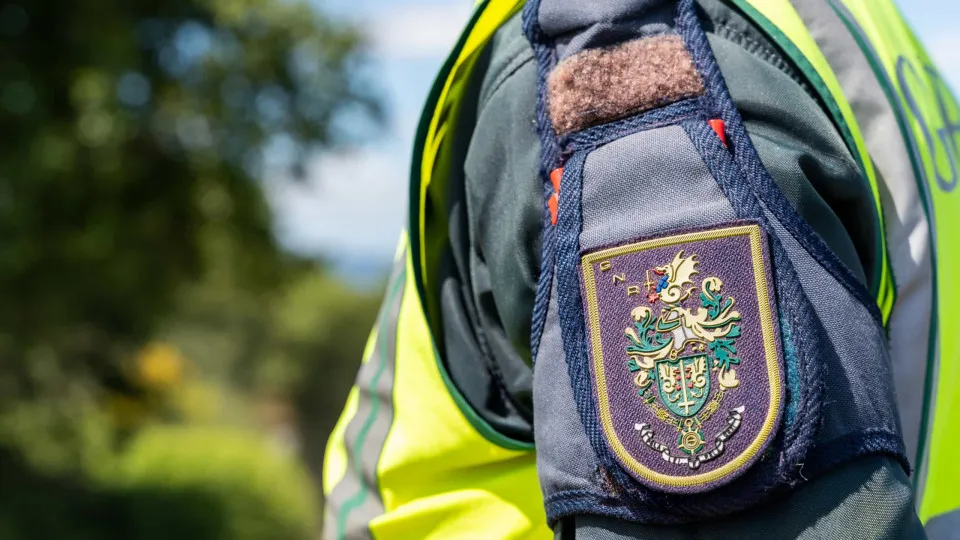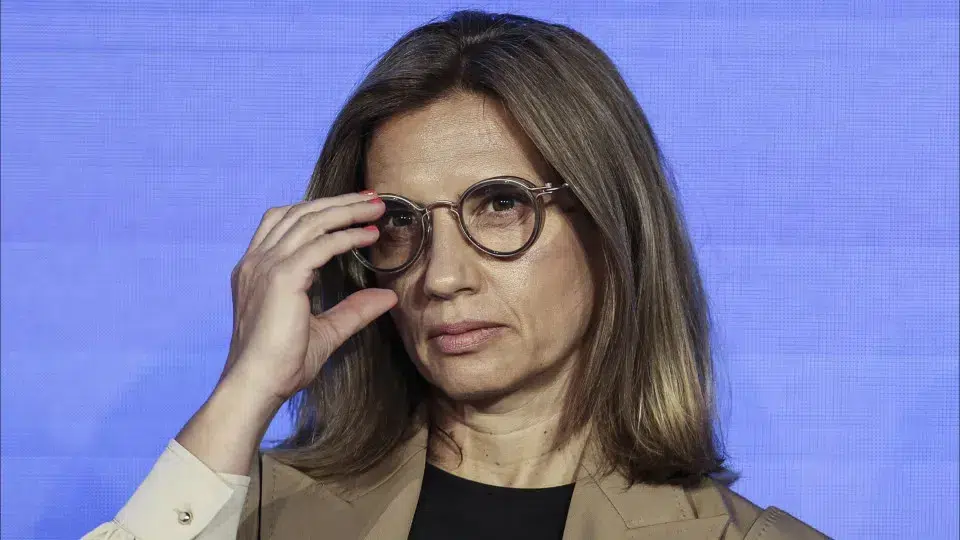
“What we want is for every municipality and every volunteer firefighter association to have professional first responders available 24 hours a day,” said Rui Rocha in an interview.
Currently, there are 765 Permanent Intervention Teams (EIP), which are teams of five members stationed at fire stations to respond to any urgent and emergency situations.
The Secretary of State noted that strengthening the EIP has been a governmental intention and has gained “much more relevance” considering the summer fires and the “93% success rate in the initial attack” during the first 90 minutes.
“We need to enhance these first intervention teams to better equip humanitarian associations for the initial attack,” he said, explaining that the initial attack currently involves 20 members, including 15 on the ground and a helicopter squad of five, and the goal is to make it “more robust to achieve an even higher success rate within the first 90 minutes.”
Rui Rocha also mentioned that the government is internally assessing the conditions and the possibility of increasing the number of Civil Protection Special Force members to reach 1,000 operatives within three years.
The Civil Protection Special Force, aimed at tackling larger-scale fires, presently consists of 216 members, with an additional 64 in training.
“We are evaluating the conditions and financial costs associated with this goal,” he stated, noting that given the 25 consecutive days of intense fires this year, a “more robust, better-equipped special force is important for more muscular expanded attacks.”
The Civil Protection Special Force, which replaces the Special Firefighter Force and is known as “canaries,” has its own command and is part of the operational framework of the National Emergency and Civil Protection Authority (ANEPC), operating under the National Commander for Emergency and Civil Protection.




